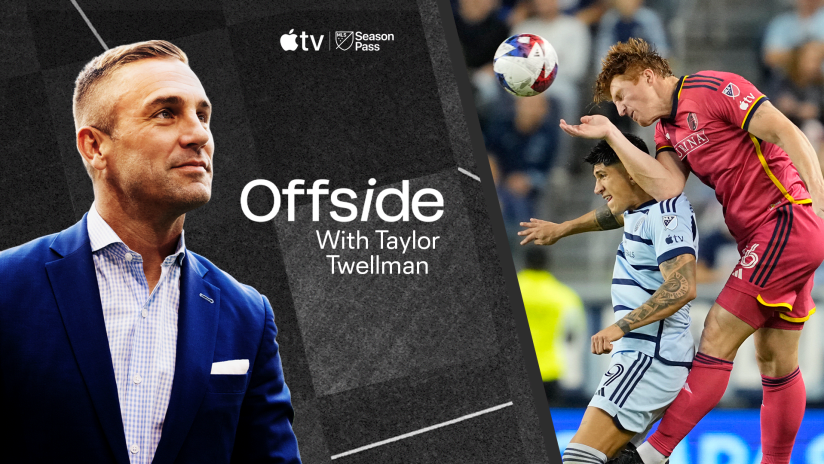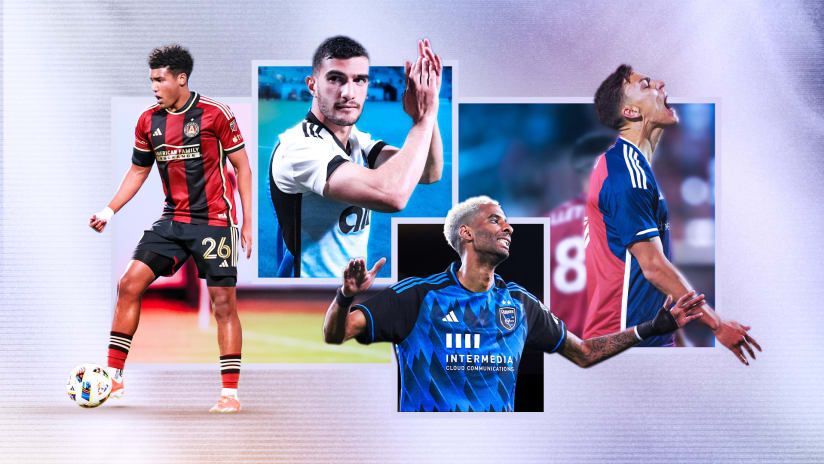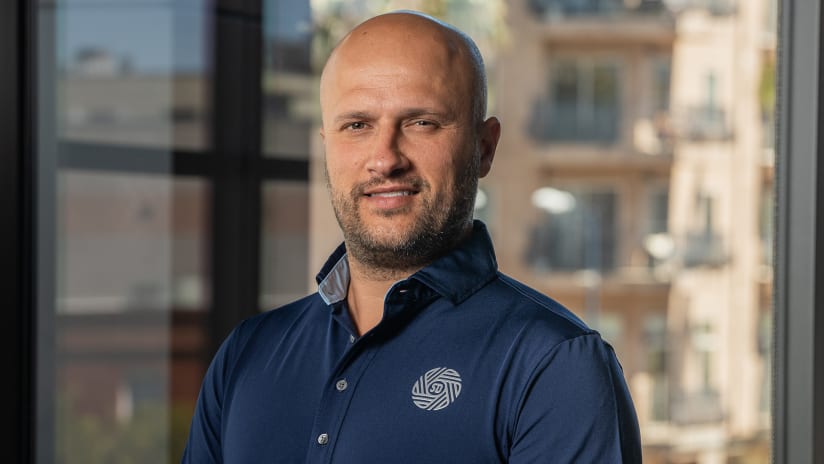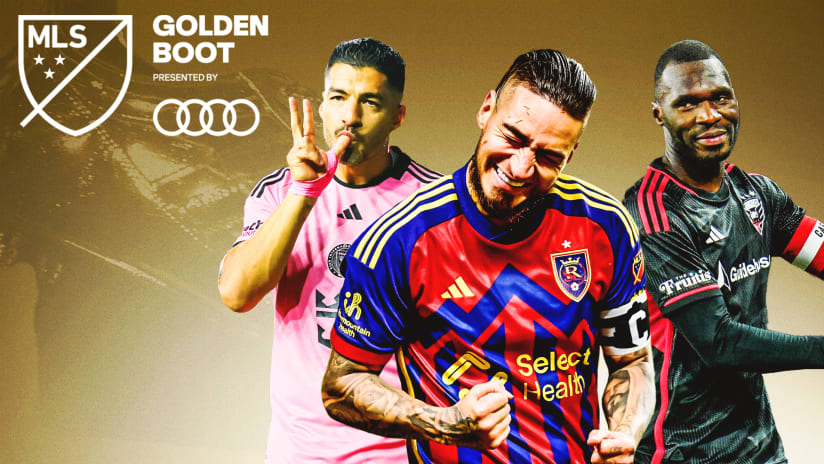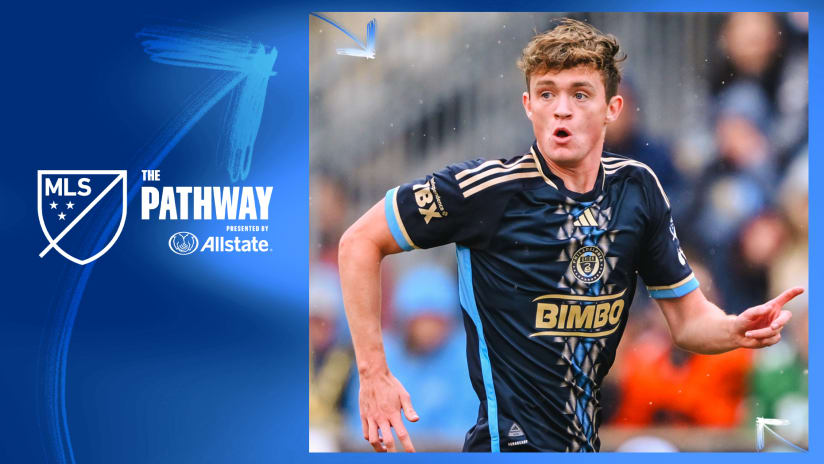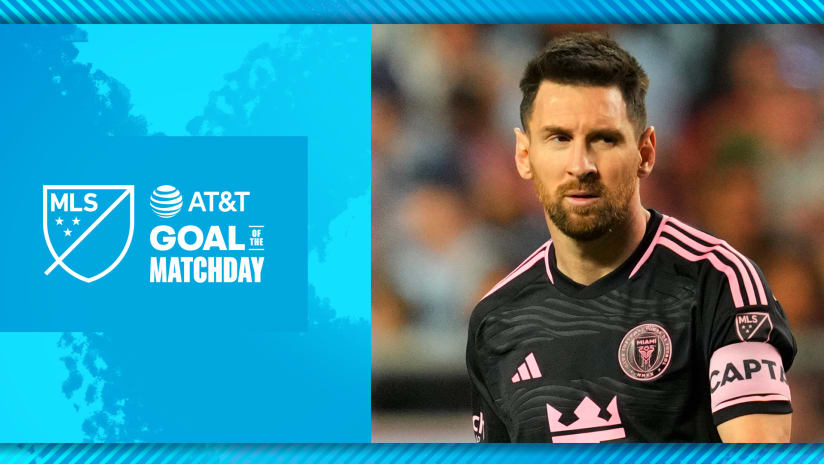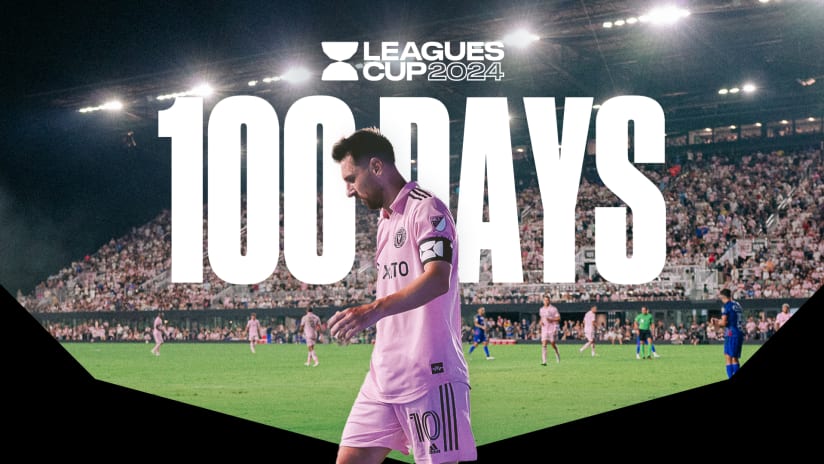KANSAS CITY, Mo. – See if you've heard this question before. (Hint: If you've followed Sporting Kansas City for all or any of the last four seasons, you've probably heard and asked it.)
What happened to Sporting down the regular-season stretch to force them onto the road for a Knockout Round exit in the Audi 2017 MLS Cup Playoffs?
The answer varies every year. But there are two wrong answers this time around, both key players and manager Peter Vermes said. Their assessment came in the wake of a disappointing stretch run that saw Sporting pick up just two points out of their last five regular-season matches, and then lose 1-0 at Houston in their playoff opener, their fourth straight Knockout Round loss on the road.
First, it wasn't fatigue or a letdown from Sporting's run to their third U.S. Open Cup title in six years – a tournament in which Vermes has long used his first-choice players, even in early rounds.
“Now, if you're doing U.S. Open Cup, regular season and [CONCACAF Champions League], that's where it could become challenging,” Vermes said, “because of the travel that goes along with CCL, and then you're adding in the midweeks. You wind up doing a lot more Saturday-Wednesday, Saturday-Wednesday, Saturday-Wednesday. That becomes a toll.”
Besides, players told reporters during last week's exit interviews, Sporting's new emphasis on possession rather than the high press let their legs stay fresher late in the season.
“This is the year that I think we had the least fatigue,” veteran midfielder Roger Espinoza said. “I can tell you that I'm probably going to start running very soon, working out very soon. Other years, it can take me two or three weeks to heal my body.
“This year, because of the style, to me that changed a lot. It was a lot more technical. You get to run a little less. Maybe it's a little less physical. That style of play makes it easier for us to rest more.”
Goalkeeper Tim Melia's hamstring strain, which sidelined him for the last three-plus games of the regular season and the Knockout Round, also wasn't to blame, said center back Ike Opara.
“Obviously, he's a good goalkeeper and he should win Goalkeeper of the Year,” Opara said. "If he doesn't, then this league has lost its mind. He's obviously an important piece for us. That being said, [Andrew] Dykstra came in and fit in really well, especially the last few games. He did all the things that we required of him, and we just didn't score enough goals.”
So what did happen? Aside from the obvious – failure to pick up points – the answer was both simple and enigmatic. Whatever the reason, Sporting didn't do enough to secure a home playoff match when the chips were down.
“I think we were in a good spot,” Opara said. “Teams were desperate and playing with a playoff intensity. We weren't, I think, consistently doing that for 90 minutes in a crucial stage of the season, in my opinion – and I'm not knocking anyone on our team.
“I just think it wasn't collective, from certain individuals, at times. One slip of intensity in playoff-feel games are coming hot and heavy, and you can slip up. I think that's what happened, unfortunately.”
What happens when the late-season slide happens year on year, though?
“I'm not sure,” right back Graham Zusi said. “For me, I think a lot it can be attributed to mentality. For whatever reason, we've had that dip late in years, and maybe we've looked at past years too much, seen what we've done and let that affect us.
“I think moving forward, we have to realize how important those last five games are, especially with finishing in the playoffs, and make a strong push to not let it happen again.”
Vermes, on the other hand, didn't lay all the blame for this year's postseason disappointment on Sporting's stretch skid.
“I have a much different perspective on it,” he said. “When you have 13 ties, that to me is where the issue is. Those 13 ties, if you just take half of those – in every one of those ties we actually outperformed the other team. So if you take just half of those, that's six games. That's 12 points. That not only wins you the division; it changes the complexion of everything.
“So I look at it as the ties more than anything else.”



